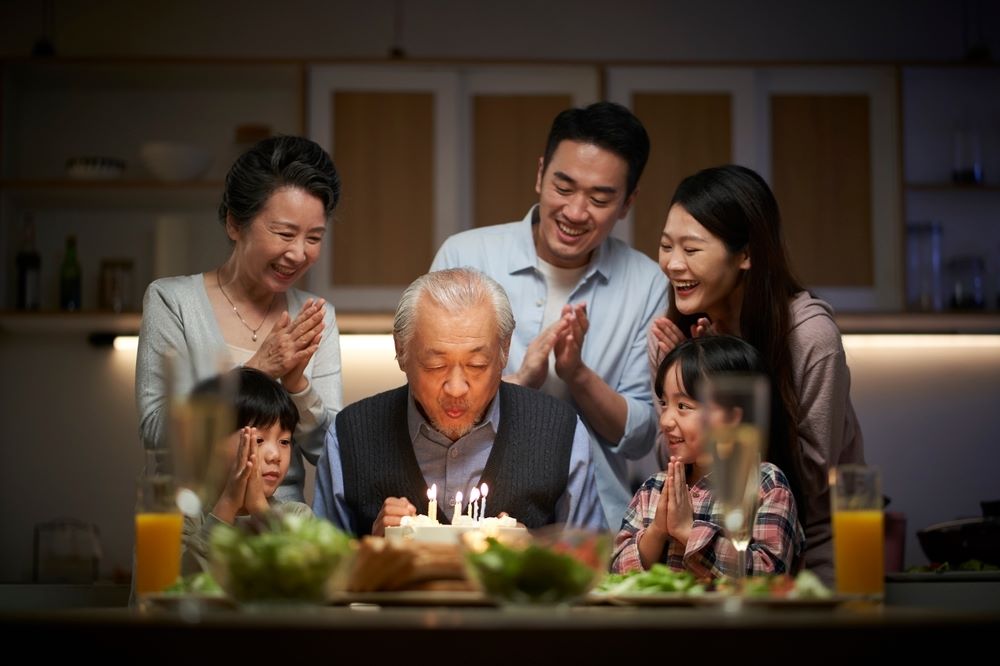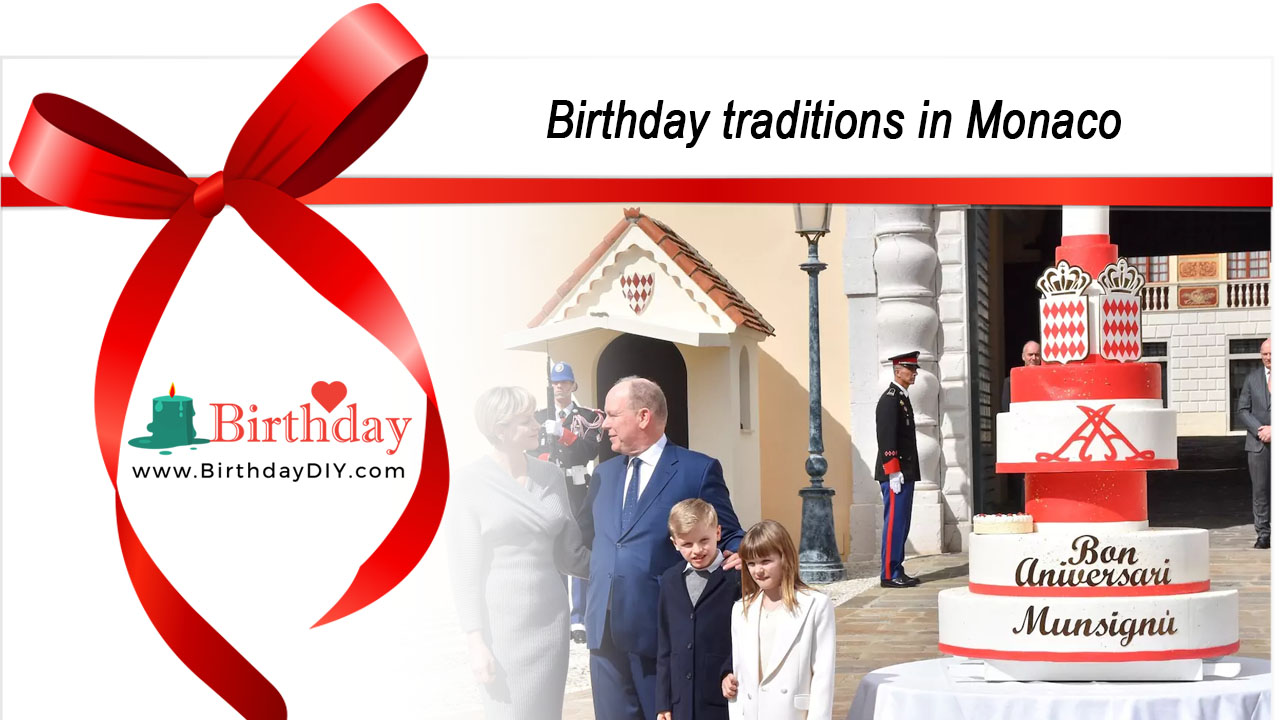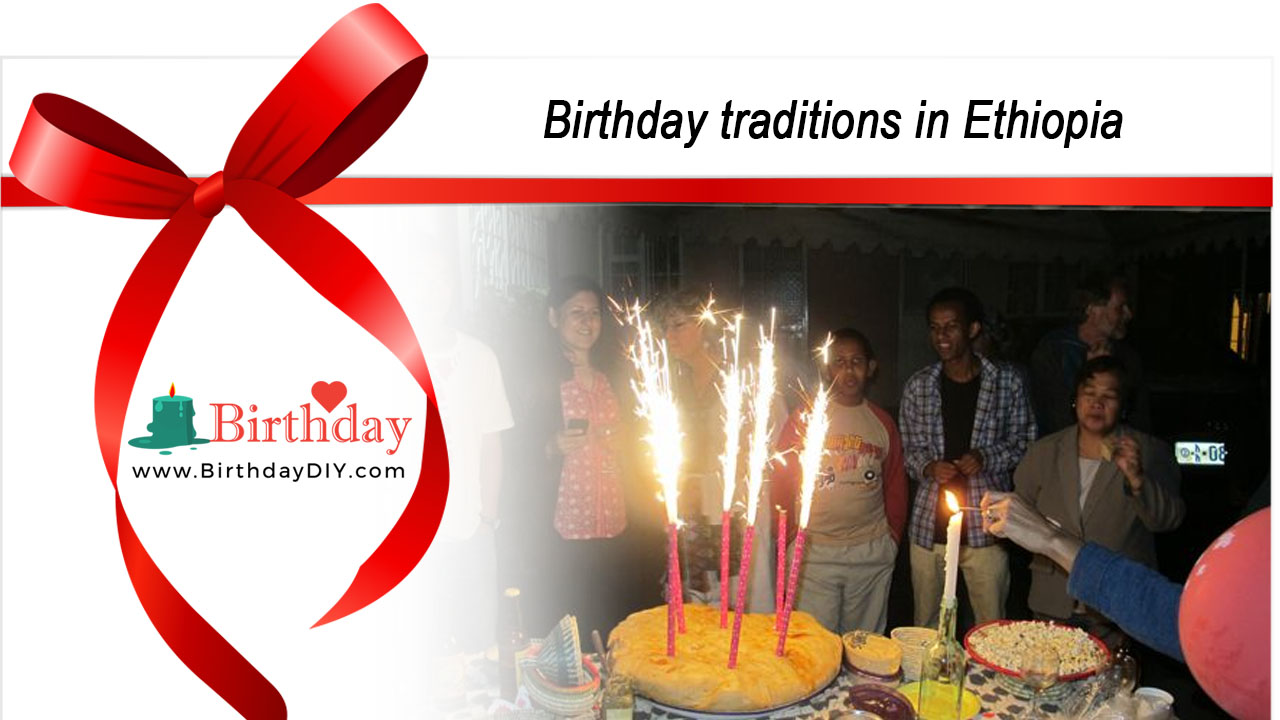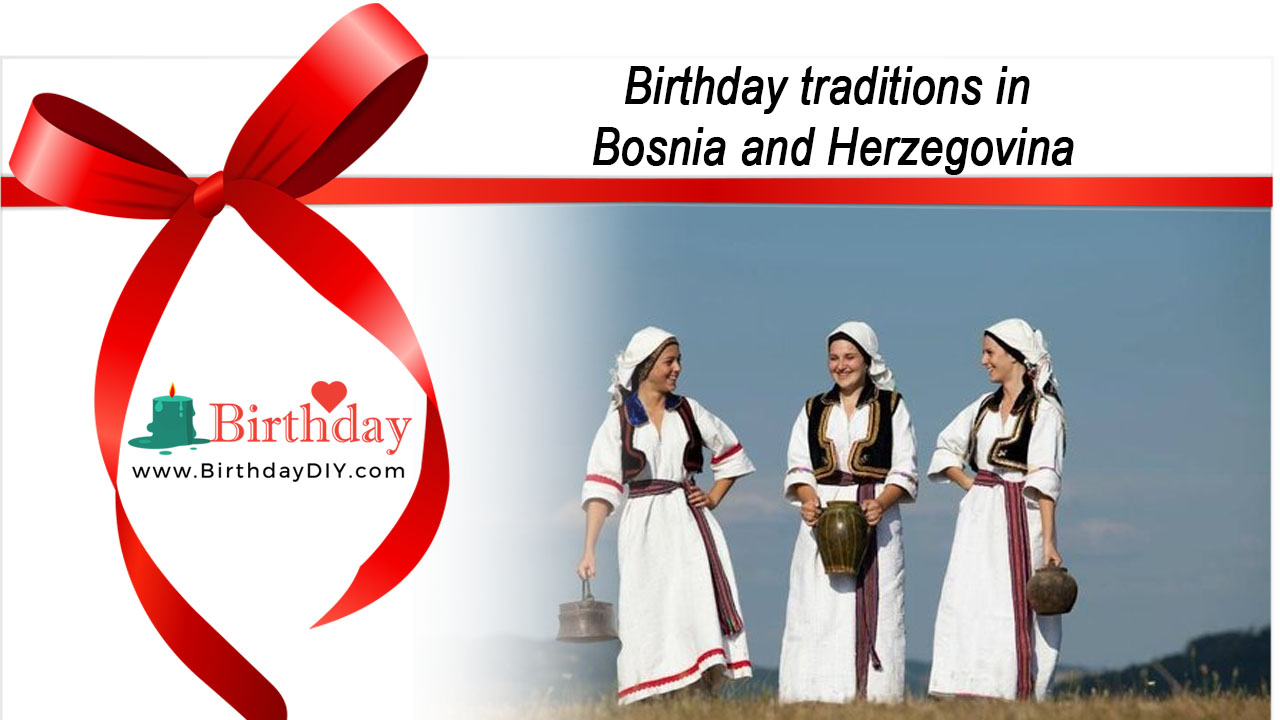The Chinese diaspora, a vibrant and diverse community scattered across the globe, has a rich tapestry of cultural traditions that never cease to captivate the imagination. Among these cherished customs, the celebrations surrounding birthdays hold a special place, blending ancient rituals with modern twists. As a cultural research expert and a proficient writer, I’m thrilled to delve into the fascinating world of Chinese birthday traditions and share them with you.
Birthday Traditions of the Chinese Diaspora
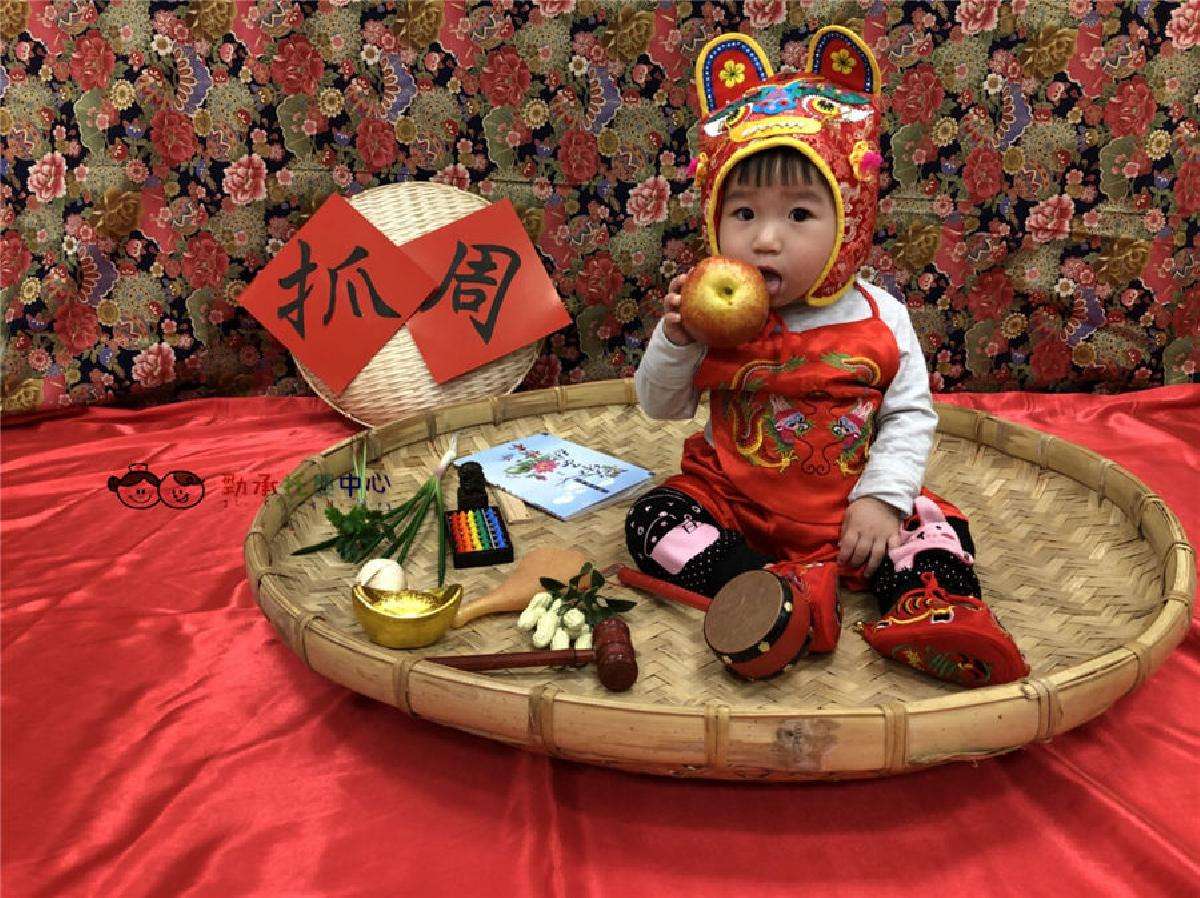
The Significance of Birthdays in Chinese Culture
In the Chinese cultural landscape, birthdays are more than just a day to blow out candles and receive presents. They are a time-honored occasion to honor one’s longevity, express gratitude, and cultivate connections within the family. The Chinese believe that each birthday marks the completion of a full cycle around the sun, symbolizing a renewed lease on life. This reverence for the passage of time and the gift of life is deeply ingrained in the psyche of the Chinese people, both at home and in the diaspora.
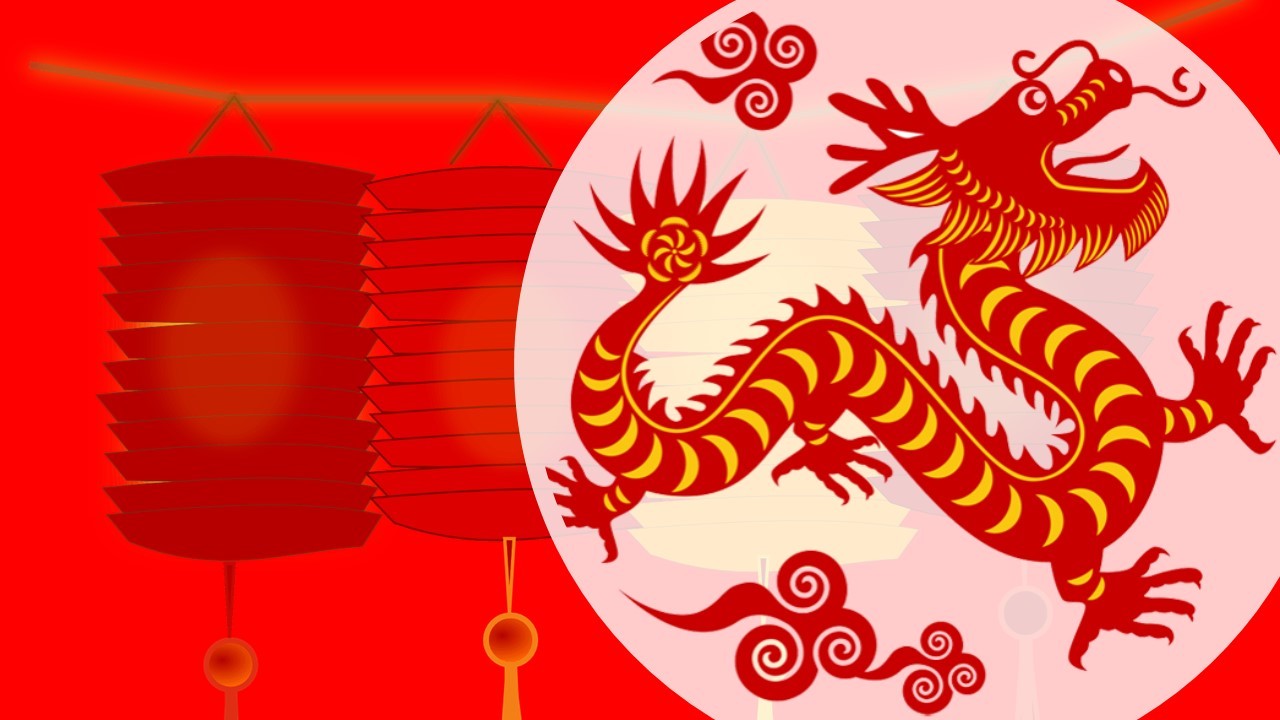
Lucky Numbers and Auspicious Symbols
When it comes to Chinese birthday celebrations, numbers and symbols hold immense significance. The number “8” is considered particularly auspicious, as it is associated with prosperity and good fortune. Many Chinese families will strive to incorporate the number 8 into their birthday festivities, whether it’s by serving dishes with 8 ingredients or giving gifts in multiples of 8. Other symbolic elements, such as the peach, the lotus, and the dragon, also feature prominently in Chinese birthday rituals, each carrying its own unique meaning and blessing.
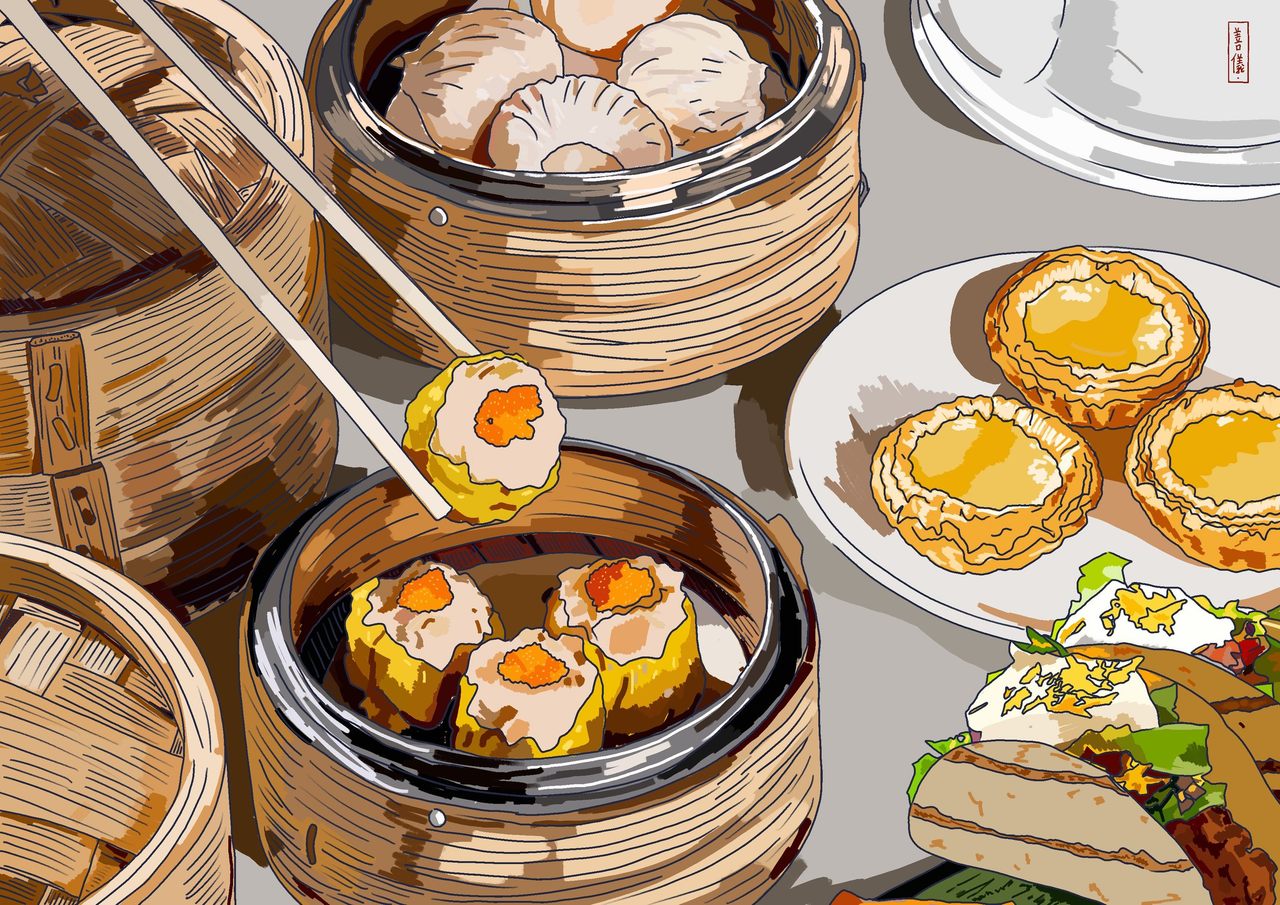
Customary Dishes and Delicacies
No Chinese birthday celebration would be complete without a sumptuous spread of delectable dishes. From steamed whole fish, symbolizing abundance, to noodles representing longevity, the menu is carefully curated to bring good luck and well-wishes to the birthday celebrant. In some regions, the birthday person may even be treated to a towering “longevity noodle,” a single, unbroken strand of noodle that can stretch several feet in length. And let’s not forget the ubiquitous birthday cake – a delightful fusion of Chinese and Western traditions that often features intricate designs and auspicious decorations.
Rituals and Traditions
The birthday celebrations of the Chinese diaspora are steeped in time-honored rituals and traditions. One common practice is the “red envelope” (or “hong bao”), in which family members and friends gift the birthday person with a red envelope containing cash, symbolizing prosperity and good luck. Another ritual involves the birthday person making a wish and blowing out all the candles on the cake in a single breath, a testament to their vitality and the family’s collective hopes for their continued well-being.
Intergenerational Gatherings and Family Bonding
What truly makes Chinese birthday celebrations so special is the sense of family and community that permeates the festivities. Across generations, relatives gather to honor the birthday person, share stories, and strengthen the bonds that tie them together. Grandparents may regale the younger ones with tales of their own childhood birthdays, while children eagerly await the chance to participate in the rituals and learn the traditions that have been passed down through the ages. These intergenerational gatherings are not only a celebration of the individual but also a testament to the enduring strength of the family unit.
Embracing Modernity and Global Influences
While the core of Chinese birthday traditions remains firmly rooted in the country’s rich cultural heritage, the Chinese diaspora has also embraced modern influences and global trends. Some families may incorporate Western-style birthday parties, complete with balloons, party hats, and even piñatas, while still maintaining the essence of their cultural identity. The blending of old and new, the fusion of East and West, has created a unique and vibrant tapestry of birthday celebrations that reflect the dynamism of the Chinese diaspora.
Conclusion
The birthday traditions of the Chinese diaspora are a captivating tapestry of ancient customs, modern adaptations, and a deep reverence for family and community. From the symbolic significance of numbers and auspicious symbols to the sumptuous feasts and heartwarming rituals, these celebrations epitomize the rich cultural heritage of the Chinese people. As we explore these traditions, we are reminded of the enduring power of connection, the importance of honoring one’s roots, and the joy that can be found in the simple act of gathering together to celebrate the gift of life. So, the next time you encounter a Chinese birthday celebration, be sure to soak in the warmth, the laughter, and the timeless traditions that make it truly special.
FAQs
Why is the number 8 considered so auspicious in Chinese birthday celebrations?
The number 8 is revered in Chinese culture because it sounds similar to the word “prosperity” in Mandarin. The shape of the number 8 is also believed to be lucky, as it resembles the symbol for infinity. By incorporating the number 8 into birthday festivities, families hope to bring good fortune and abundance to the celebrant.
What is the significance of the “longevity noodle” in Chinese birthday celebrations?
The “longevity noodle” is a symbol of longevity and good health in Chinese culture. The unbroken, lengthy noodle represents the birthday person’s wish for a long and prosperous life. Serving and sharing this special noodle dish during the celebration is believed to bestow these blessings upon the birthday celebrant.
How do Chinese families typically gift money to the birthday person?
The tradition of gifting money in red envelopes, or “hong bao,” is a cherished custom in Chinese birthday celebrations. The red color of the envelope is believed to bring good luck and ward off evil spirits. The amount of money inside is often chosen with care, with a preference for numbers that are considered auspicious, such as multiples of 8.
What role do elders play in Chinese birthday celebrations?
Elders hold a revered position in Chinese culture, and their presence is integral to birthday celebrations. Grandparents and other senior family members are often tasked with imparting wisdom, sharing stories, and bestowing blessings upon the birthday celebrant. Their participation helps to maintain the intergenerational connection and ensures the continuity of cultural traditions.
How have Chinese birthday celebrations evolved with globalization?
While the core of Chinese birthday traditions remains deeply rooted in cultural heritage, the Chinese diaspora has also embraced modern and global influences. Some families may incorporate Western-style elements, such as birthday cakes, party decorations, and games, while still maintaining the essence of their cultural identity. This blending of old and new has created a vibrant and dynamic celebration that reflects the adaptability and creativity of the Chinese diaspora.
